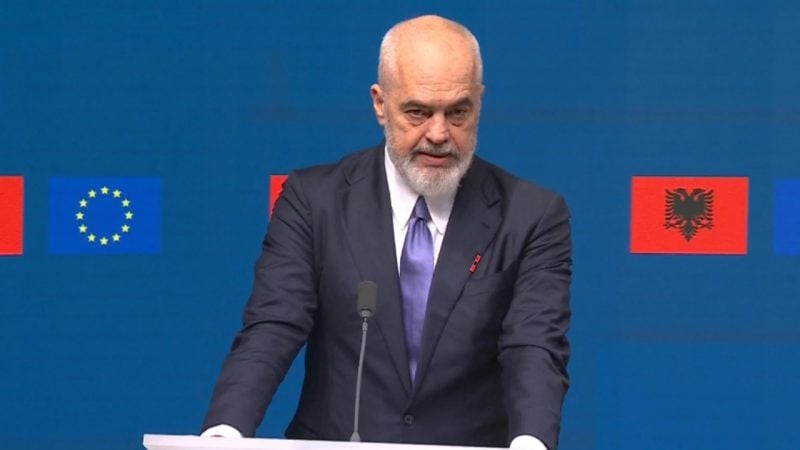 The Washington Agreement Must Be Reactivated!
The Washington Agreement Must Be Reactivated! A technical report of a network of non-profit organizations from Central
and Eastern Europe are accusing international development banks and EU
institutions of funding projects in Albania that put natural
monuments and national parks in danger.
The investigative report was planned by the Benkuotc and mentions the HPP of Langarica and that of Ternova, as flagrant examples of how money from donators are funding constructions that threaten protected areas.
The report investigates the funding of hydropower plants throughout the South-Eastern Europ, but it refers to Albania for the most abusive cases.
“The European Parliament asked Albania in April 2015 to cancel the building of HPPs in protected areas. Although there were no names mentioned, the resolution referred not Langarica and the 40 HPPs of the Vjosa River. Ironically, this project is funded by the World Bank and EU public institutions”, the report says.
The report considers Langarica as the symptomatic case of the time when the government was led by Sali Berisha, whose administration had issued hundreds of HPP permits.
The concession was initially given to “Hasi Energji”, an unknown company that traded food. Four months later the government declared the area a National Park and Hasi Energji sold the concession to an Austrian company named “Enso Energy”.
Now that it was declared a national park, the company had to apply for an environmental permit. Although the permit was denied initially, the government approved it three months later.
“Since then, the project has received 6 million EUR of funds from the IFC, 5 million EUR of loans from the Austrian Bank of Development and 9.1 million EUR and grants from the Fund for Green Growth, owned by the EBRD, the European Bank of Investments, KFW, etc”, the report underlines.
Langarica is not the only case. The Ternova HPP deviated the water that residents used for irrigation.
“In 2012, EBRD approved 6 million EUR of funds for the for Ternova, and the project had not been discussed with the local residents, although it damaged their economy. This is against the social and environmental requirements of EBRD”, the report adds.
The document notes that there are more than 94 HPP planned in protected areas.
Top Channel







